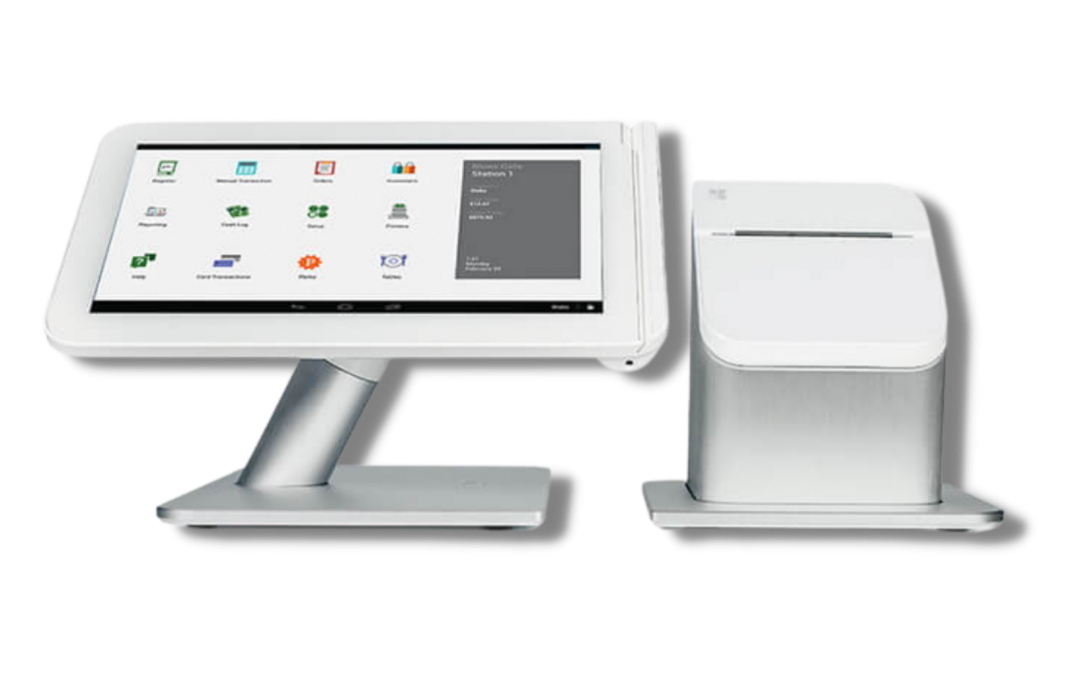The sun is shining, slowly but surely Boris is releasing us from restrictions, businesses have started to bounce back, my kids have returned to school, for now, I can have a gin in peace and at long last, I can also start seeing customers face to face again. All of which is a huge relief for me, but mostly I am so pleased to be visiting customers again.
Like most people, I have embraced virtual meetings, but admittedly it has been reluctantly adopted as I just do not feel the conversation flows as well as it does in person, or I am much more comfortable in-person, whichever. However, there is some proof in the pudding because when I have recently met up with owners of retail and hospitality businesses, they have been far more inquisitive about what payment solutions are available to them and what is best for their business… and as a consultant, this is music to my ears!
I am the first one to admit there is a lot of jargon in my industry that understandably confuses people and a key reason why I set up East Anglia Business Solutions. When I ran pubs and restaurants, I found the abundance of information mind-blowing and just wanted to hand it over to a reliable expert so they could make the relevant investigation and recommendations. So, after learning all about the numerous options and technology, plus as I successfully saved some businesses a considerable amount of money, I became that expert people would talk to about what card payment system to introduce to their business.
Over the years as technology has developed, I am usually asked a lot about the new/latest devices, but there is one system that I always need to explain the most (mainly because its acronym does not give anything away) and that is EPOS, otherwise known as Electronic Point of Sales System.
An EPOS system in a nutshell is a combination of hardware and software designed to help you run your business more efficiently. Whereas a conventional till system just records sales, EPOS systems not only record the transaction information but can be customised to use this data to give you valuable functions such as staffing and inventory management or marketing resources.
Depending on the type of EPOS system you choose the data is either held in servers on your premises or in the cloud making it accessible wherever you are. The in-house hardware comprises a touch screen computer monitor, and this is where you/ your team input orders and process payments. Very much like the retro tills we all know, an EPOS system also has some additional hardware pieces such as a receipt printer, a mobile payment device, barcode scanner. PDQ and lockable cash draw if you require these.
However, as I mentioned is not just about registering figures, taking payments, and printing receipts. An Electronic Point of Sale (POS) can also be effectively utilised to:
- Accurate pricing by reducing the human error element of inputting sales.
- You can improve staff management as you can monitor an individual’s sales performance.
- Develop marketing promotions, customer loyalty cards and even POS upselling campaigns.
- Produce reports to analyse stock, marketing campaigns, and for your auditing and accounting purposes.
- Improve customer satisfaction with the speed of the transaction process, which is particularly useful for F&B establishments as orders can go directly to a bar or kitchen.
- Automated stock control, so you can see any trends, hold less stock, increase stock and make reordering simpler.
In conclusion, an EPOS system is beneficial to any business because of how it streamlines the processes which in turn increases productivity and makes it more convenient for you/your employees and customers alike.
If you have any questions or would like more information on how EPOS could benefit your business, get in touch with me today to arrange a no-obligation chat or meeting: carl@eabsolutions.co.uk


Recent Comments